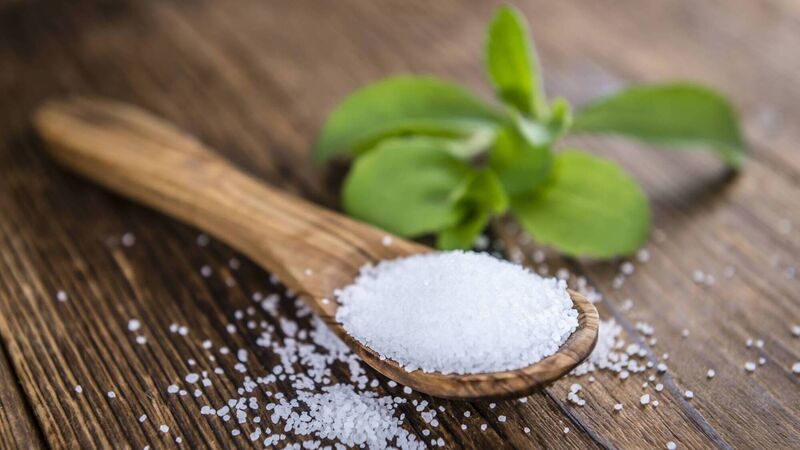Natural health: Healthy alternatives to sugar

'There are plenty of natural sugar alternatives for baking and as a spoon-for-spoon replacement in beverages with low GI such as yacon syrup, erythritol, and stevia.' Picture: iStock
Cutting out sugar is no mean feat, especially when you consider that it is hidden in so many manufactured foods.










